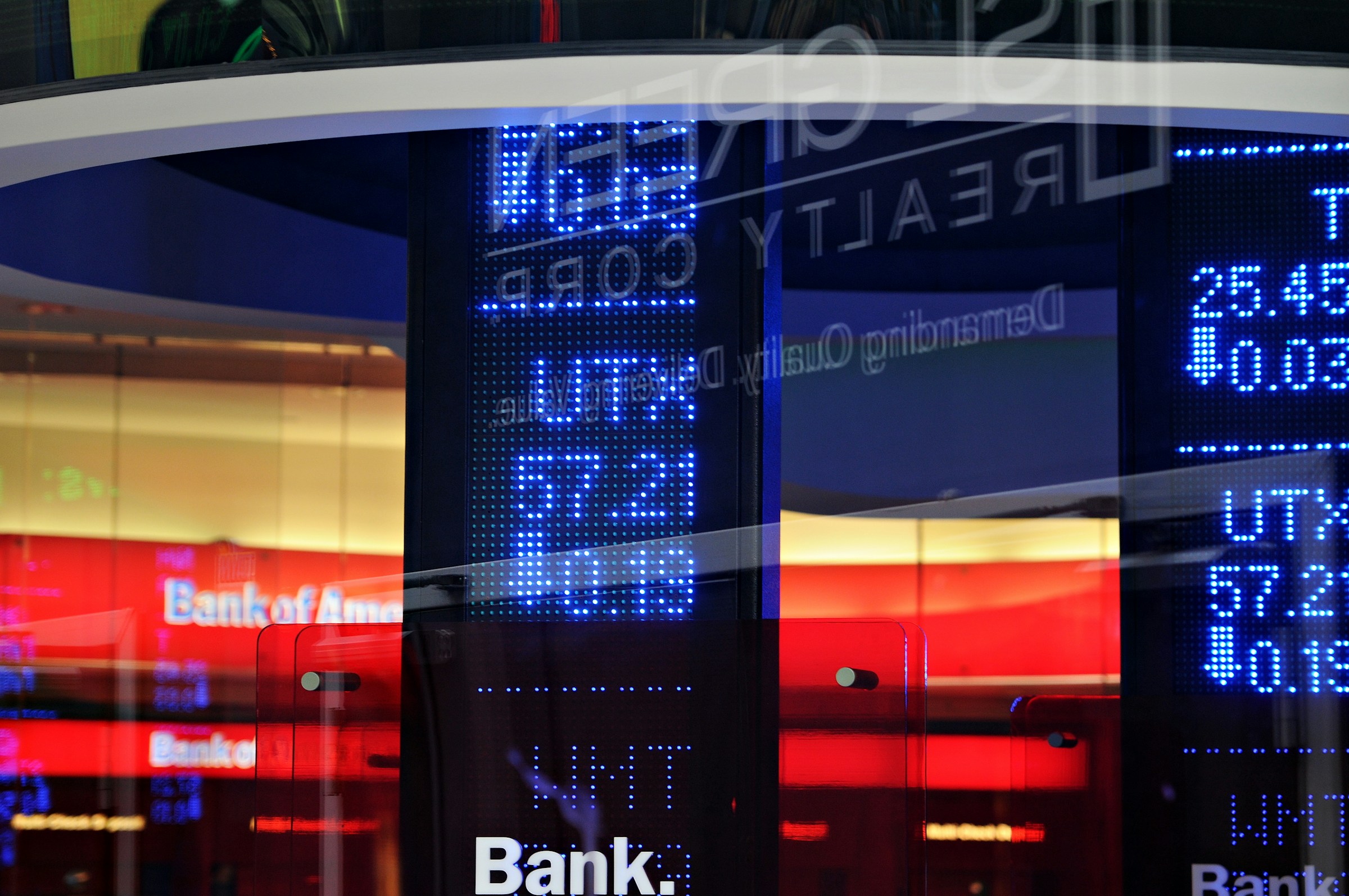As a market event, the removal of China Evergrande Group from the Hong Kong bourse looks administrative. In policy terms, it formalizes a capital-markets loss that has been priced in since the liquidation order of January 2024 and codifies how the city will manage prolonged suspensions that cannot clear resumption hurdles. The exchange cancelled the listing effective 9:00 a.m. on August 25, 2025 under Rule 6.01A(1), after trading had been halted since January 29, 2024 and the company missed a July 28, 2025 deadline to return to compliance.
The macro trigger is unambiguous. A developer once valued near HK$400 billion lost more than 99 percent of its market value before removal, with liabilities exceeding 300 billion US dollars across onshore and offshore obligations. The delisting comes after a Hong Kong court placed the firm into liquidation, and after liquidators made limited asset recoveries relative to creditor claims. This is the administrative conclusion to a multi-year deterioration that began with missed offshore payments in 2021 and tightened financing channels across the sector.
Exposure mapping starts with offshore bondholders and suppliers that extended trade credit or accepted equity-like consideration during the restructuring drift. Recovery expectations remain depressed in the offshore complex, with some estimates for defaulted paper in the broader China property universe sitting near the bottom of historical cycles. Inside China, the priority remains delivery of pre-sold units and the containment of contractor and trust-product spillovers. The delisting itself does not worsen those cash flows, but it removes a listing platform that might otherwise have supported any late-stage equity exchange, however theoretical.
The regulatory and liquidity posture is pragmatic, not generous. Hong Kong’s enforcement of the 18-month resumption rule signals that prolonged suspensions will convert to cancellations unless a credible plan and audited financials return within the window. This clarity matters for index providers, custodians, and brokers that would otherwise warehouse suspended scrip indefinitely. On the mainland, authorities have focused support on project completion, selective refinancing for stronger balance sheets, and administrative relief for pre-sale delivery. None of that flows to a liquidated entity now off the board, but the signaling effect is still relevant. It tells private developers that exchange rules and court orders will run their course when capital structure repair fails.
Market response sits in two planes. In public equity, capital has already rotated toward state-backed names and non-developer proxies of housing activity. In credit, the demotion of a once system-scale issuer formalizes the split between onshore policy-anchored workouts and offshore claims that are subordinate to domestic social priorities. Liquidators will continue to pursue recoveries, including through litigation, yet the long tail of processes and the scarcity of unencumbered assets argue for a slow cadence of distributions. Offshore recovery for the sector has been described as exceptionally low, which will keep the cost of capital high for private names that lack explicit support.
Cross-border allocators will read the delisting in governance terms. Hong Kong’s adherence to stated rules reduces ambiguity for the exchange, which is necessary for index integrity and for any future capital raising by unrelated issuers. At the same time, the episode underlines a structural point that outlives this case. When a China-centric credit collapses, domestic policy goals take precedence. Offshore equity and bond instruments are claims on residual value after those goals are met. The lesson for sovereign funds, pension plans, and insurers is not that China is uninvestable. It is that recovery math must discount for policy sequencing and for extended timelines in court-supervised wind-downs.
For Singapore and Gulf allocators, the implication is portfolio design, not country exit. China remains a growth engine that is modernizing its capital stack, but private property developers no longer function as efficient vehicles for that exposure. If housing stabilization is state led, then the investable margin shifts toward infrastructure-adjacent demand, consumer services with cash conversion, and policy-sponsored manufacturing upgrades. Asset owners should tighten mandates, require contingency language for prolonged suspensions, and pre-define action triggers for exchange cancellations to avoid ad hoc governance when a position goes dark.
Evergrande delisted from Hong Kong stock exchange will become a footnote only when the funding model that fed the boom is rebuilt. The exchange has done what it must. Liquidators will do what they can. Policy will continue to direct cash toward completion and stability rather than legacy equity holders. That is not punitive. It is a reordering of claims consistent with social priorities and with the message Hong Kong has sent by enforcing its rules on time.















.jpg&w=3840&q=75)